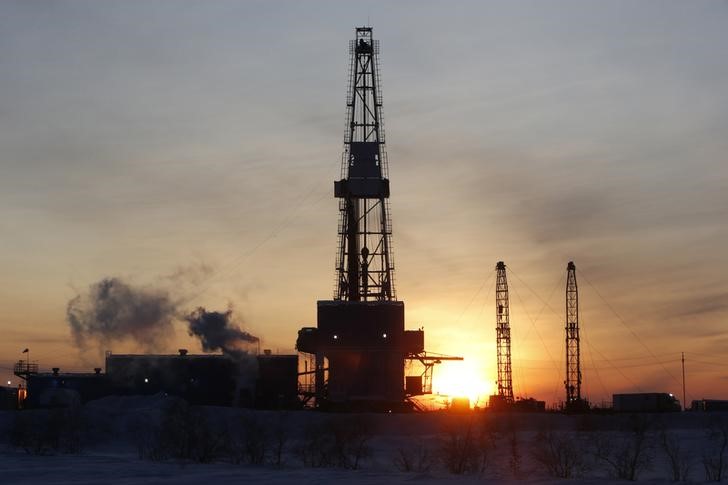Yesterday, escalating Middle East conflict, rising oil prices, and high US Treasury yields reaching 5.001% led the ASX 200 into negative territory, dragging the Hang Seng and Nikkei along with it. The subdued demand for riskier assets persisted despite positive signals from Fed Chair Powell and US economic indicators.
President Biden's planned request for Congressional funds to aid Ukraine and Israel further added to market fears. These developments could potentially lead to central bank rate increases to counter inflation risks from higher oil prices, supporting a higher for longer Fed rate path.
Major US indices including the Nasdaq Composite Index, S&P 500, and Dow also experienced losses. Key Asian stocks such as Alibaba (NYSE:BABA) Group Holding Ltd (HK:9988), HSBC Holdings (NYSE:HSBC) PLC (HK:0005), and SoftBank Group Corp. (TYO:9984) were not immune to the downturn.
Despite Hong Kong markets being closed for Chung Yeung Day on Sunday, the losses in the US equity market set the tone for Monday's session in the absence of Asian economic indicators. Futures Markets showed declines in the ASX 200 and Nikkei 225.
Major Australian banks including NAB and ANZ Group also declined on Monday, alongside mining stocks like BHP Group Ltd (NYSE:BHP) and Fortescue Metals Group (OTC:FSUGY) (FMG). Amidst this downturn, oil stocks presented a mixed picture with Santos Ltd (STO) gaining.
China Construction Bank (OTC:CICHF) (HK:0939) ended the session flat on Friday while Tokyo Electron Limited (8035) saw modest losses.
This article was generated with the support of AI and reviewed by an editor. For more information see our T&C.
